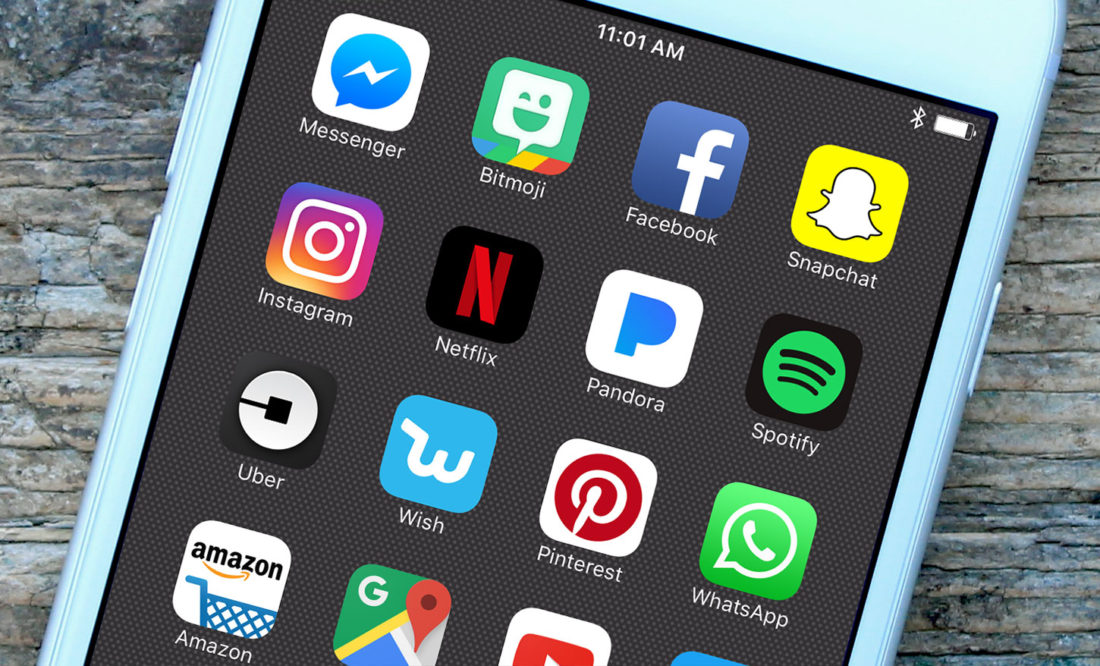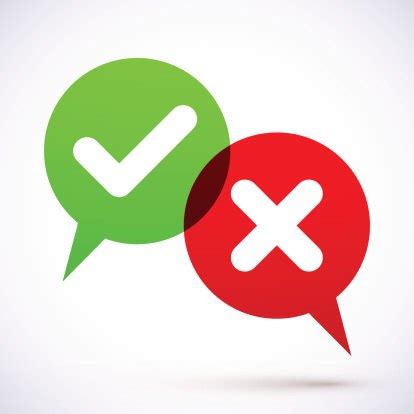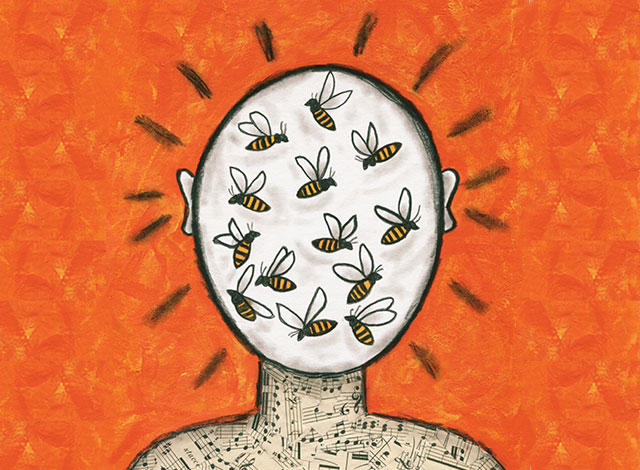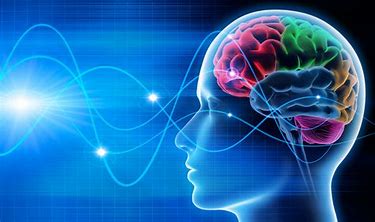Tinnitus Management
Tinnitus, also known as ringing in the ears, is a highly individualized phenomenon. While 1 in 6 people in North America experience tinnitus, the sounds, sensations, and experiences are highly variable. So, why should treatment be generic? Tinnitus management can and should be tailored to you, not one-size-fits-all. What is Tinnitus Tinnitus, derived from the Latin word tinnire, meaning to ring, is most often associated with the extra-sensory experience of ringing. But only some experience 'ringing.' Other common descriptors of tinnitus are humming, whistling, buzzing like cicadas, hissing, etc. It can also vary on the pitch (most often a high pitch), one or multi-toned, and the frequency (all the time or intermittent). Regardless of how you experience tinnitus, the sound is created by your brain. Understanding Causes and Triggers Tinnitus is not a disease or disorder but a symptom of something else. Unfortunately, we don't always know what that is. Some causes include hearing loss, loud noise exposure, medications, inflammation, etc. Still, the exact reason why the tinnitus started is often a mystery. Regardless of why it started, it's still there, and the tools you can use to manage it are independent of the source. However, there are things we know can make it worse. Being aware of triggers can help you avoid them or understand you might have a flare-up after the fact. Triggers in our Diet include caffeine, alcohol, sugar, and salt. Elevated levels of any of these are known to increase the experience of tinnitus. It's theorized it's because the...









Recent Comments